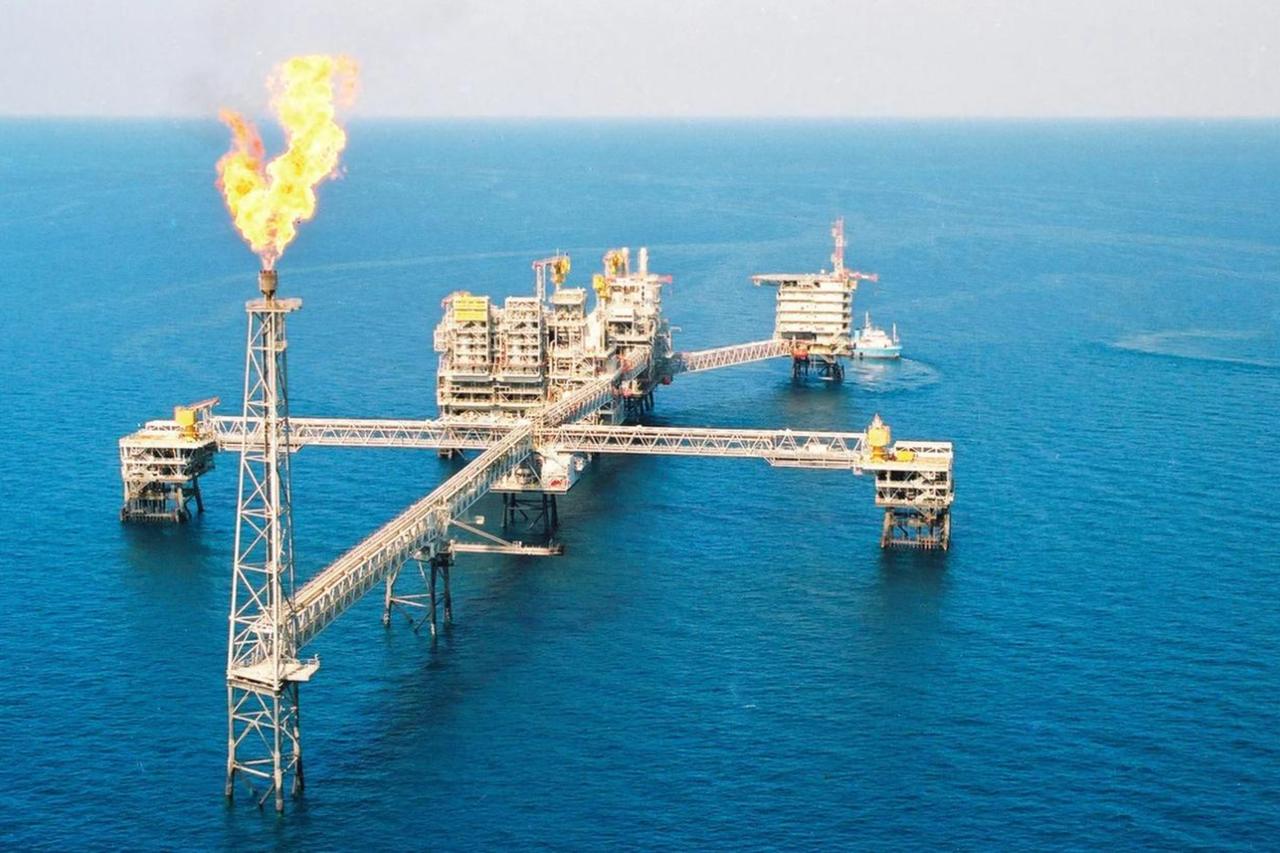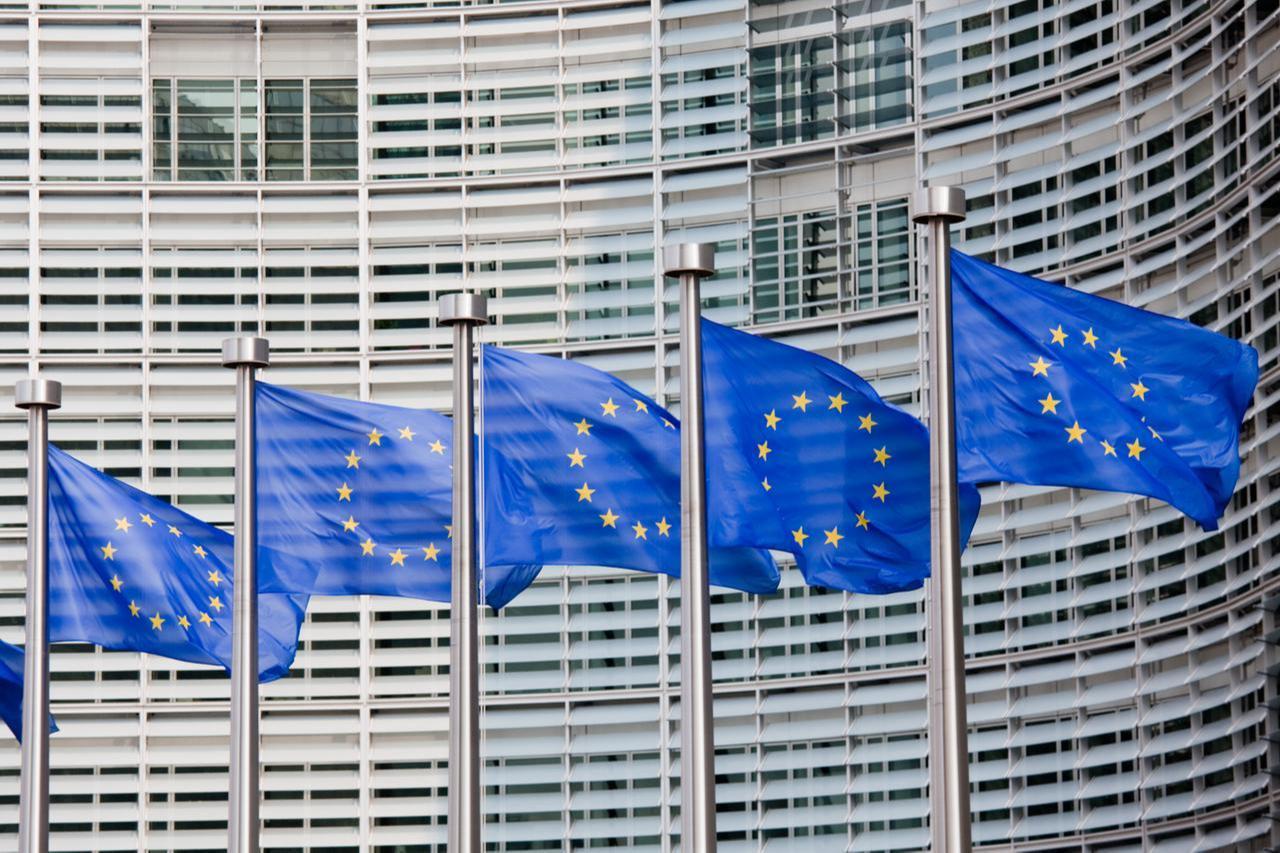
Qatar's energy minister issued a stark warning Monday that the Gulf state could halt liquefied natural gas shipments to Europe if the European Union proceeds with environmental and human rights regulations that impose steep penalties on companies.
Saad Al-Kaabi, Qatar's energy minister, said his country would refuse to supply LNG to Europe unless Brussels revises or scraps the Corporate Sustainability Due Diligence Directive, which includes penalties of up to 5% of a company's global revenue for violations.
"If Europe does not look at how they can water down or cancel the CSDDD, and still have a penalty of 5 percent of our total world turnover as a penalty, we will not be delivering LNG to Europe, for sure," Al-Kaabi said at a petroleum conference in Abu Dhabi.

The directive mandates that large corporations address adverse human rights and environmental impacts throughout their global supply chains. The European Commission proposed the measure in 2022, and it gained approval in April 2024 from a coalition spanning left-wing, green, and centrist lawmakers, including some center-right members. The law has not yet taken effect.
Critics have argued since its introduction that the requirements place excessive burdens on businesses operating in Europe.
Qatar's threat carries significant weight given Europe's energy needs. The country ranks among the world's leading LNG producers alongside the United States, Australia and Russia. European demand for Qatari gas has surged since Russia's 2022 invasion of Ukraine disrupted energy supplies across the continent.
In recent months, Qatar has signed LNG agreements with major energy companies including France's Total, Italy's Eni, India's Petronet and China's Sinopec.
Al-Kaabi told conference attendees that Qatar's position on energy transition and the future role of oil and gas remains unchanged. "All our partners and colleagues... know that, we in Qatar, have had the same policy and view on how we see the business, how we see the transition, how we see the need for oil and gas for the future, and that has not changed," he said.